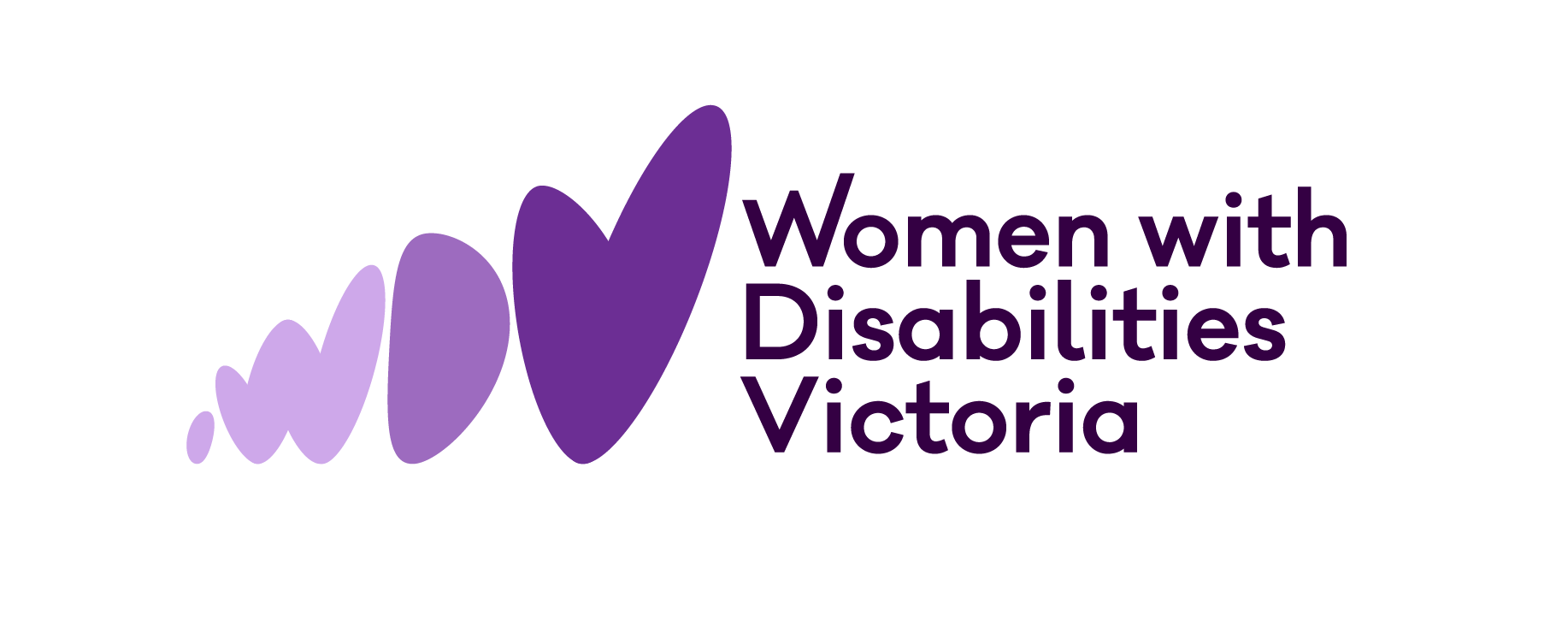Quick Links
Preventing Violence against Women with Disabilities: Resources to support prevention, social services and disability workforces.
Women with disabilities experience high rates of violence, gender and disability inequality and discrimination.
The Gender and Disability Workforce Development Program, funded by the Office of Women, have developed a suite of seven resources to assist disability, social services and violence workforces to prevent violence against women with disabilities and promote equality and empowerment opportunities. For any questions regarding these resources or training on preventing violence please contact [email protected].
New Resources for disability workers on family violence and disability
Women with Disabilities Victoria have published a set of guides to accompany the Preventing and Responding to Violence Against Women with Disabilities: Family Violence and Disability Films.
These guides correspond with the theme of each film:
Preventing and Responding to Family Violence
This guide provides an overview of all four videos. It also explains what family violence is, the impacts of family violence and why it is preventable and where to go for additional information and support.
Primary Prevention of Family Violence
This guide focuses on primary prevention of violence against women with disabilities. It explains the drivers – or causes – of violence against women with disabilities. It also identifies some of the actions people can take to challenge the attitudes and practices that allow violence to occur in the first place. It also includes information on where to go for additional information and support.
Early Intervention in Family Violence
This guide focuses on early intervention of violence against women with disabilities. It explains, what early intervention is, how to recognise some of the early warning signs that someone might be at risk of family violence and early intervention tools you could use to support your clients.
Responding to Family Violence
This guide focuses on responding to violence against women with disabilities. It explains, what is response, the principles of response and best practice in handling disclosures as well as a responding to disclosure checklist. It also includes information on secondary consults and warm referrals and tips on looking after yourself when hearing disclosures or talking about family violence.
These films were produced as a collaboration between Women with Disabilities Victoria and National Disability Services.
View the resources (which are gradually being released).
